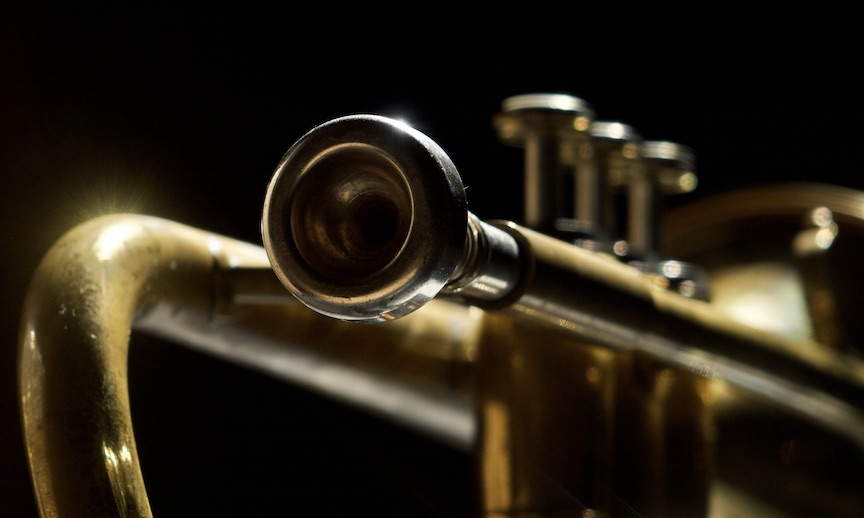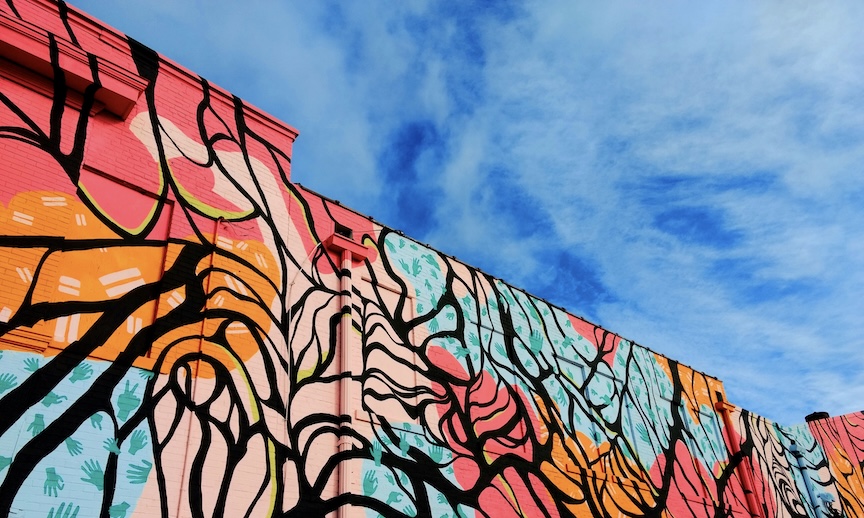THE NEXT NOTE
“When you hit a wrong note,
Miles Davis
it’s the next note that makes it good or bad.”
I spend a decent amount of time worrying about hitting a wrong note. Afraid that something I say or do will be misunderstood or misinterpreted, that it won’t land how I wanted it to land.
Because I can be a brassy loudmouth who frequently blurts things out impulsively, I spend even more time worrying that I already hit such a wrong note. “Oh god, I really put my foot in it this time. That cat will never go back into to the bag. Can’t un-say or un-do that stupid thing…”
Which feels even worse than worrying that I might slip up. A split second of sweet release invariably followed by countless sleepless nights of regret and shame.
Part of me thinks I should learn to mind my lip, practice holding my tongue, think things through first, count to ten before saying or doing anything. But… wouldn’t that just reinforce those initials fears about playing a sour note? Mightn’t it make me even more neurotic, stifling self-expression? I don’t want to worry that being my authentic self is something I can get wrong. Plus, I’ve learned from difficult experience that this kind of internal pressure invariably builds up until it’s practically un-containable, leading to even more inappropriate blurts and outbursts. Ugh.
Which is why I am relieved and liberated by Miles Davis’s assertion, “When you hit a wrong note, it’s the next note that makes it good or bad.” It really takes some of the sting out of wrong.
Of course, we can still have the experience of things coming out “wrong” when that they don’t go how we intend them to — weird or wonky notes, unexpected chords, maybe they made sense in my head but out loud they ended up sounding completely different…
But this kind of “wrong” doesn’t have to mean “bad.” It might even be good. It might be amazingly great.
Whether it turns out good or bad can only be heard-known-understood in the context of what follows, everything that follows.
Davis is speaking literally about making music, improvisational jazz in particular, where the notes aren’t all planned and written-out beforehand. There are keys to play within, agreed-upon scales and conventions offering a shared language with other musicians. But within that structure, all sorts of things can happen, expected and unexpected. Broken rules. Change. Conflict. Dissonance. Mistakes, even. But these “wrong” notes can always be resolved and reintegrated back into the whole by the next note. And the next, next note. And the next, next, next note.
It ain’t over and done ’til it’s over and done. And there’s little to be gained by delivering harsh final judgments when we’re smack dab in the middle of a process. That’s as true in conversations and relationships as it is during a musical phrase. It’s true in life.
Everything we say and do continuously opens up an array of possibility for all that is yet to come — according to plan or fumbled, carefully communicated or jabber-mouthed. Indeed, missteps and misspeaks often make available something that we wouldn’t have seen otherwise.
Maybe what becomes available is apology, humility, vulnerability, and forgiveness. Maybe it’s problem-solving, ingenuity, and innovation. Maybe it’s an expanding idea of ourselves, or a deepening relationship to each other and everything. Maybe it’s a whole new world.
And here’s another thing: not only do we have the ability to turn our own sour notes into something sweet, we can do it for each other. Being generous with ourselves and each other. Creating a context for our togetherness in which mistakes are opportunities. Embracing “wrong” notes as leading edges. Assuming the best throughout all of life’s wild improvisations.
April is both National Jazz Appreciation month and National Poetry Month. So I’m delighted that this Sunday, April 23, we welcome special guest, poet Don McIver. I can’t wait to be with you at 10:00am, at Maple Street Dance Space in Nob Hill. XO, Drew
©2023 Drew Groves




